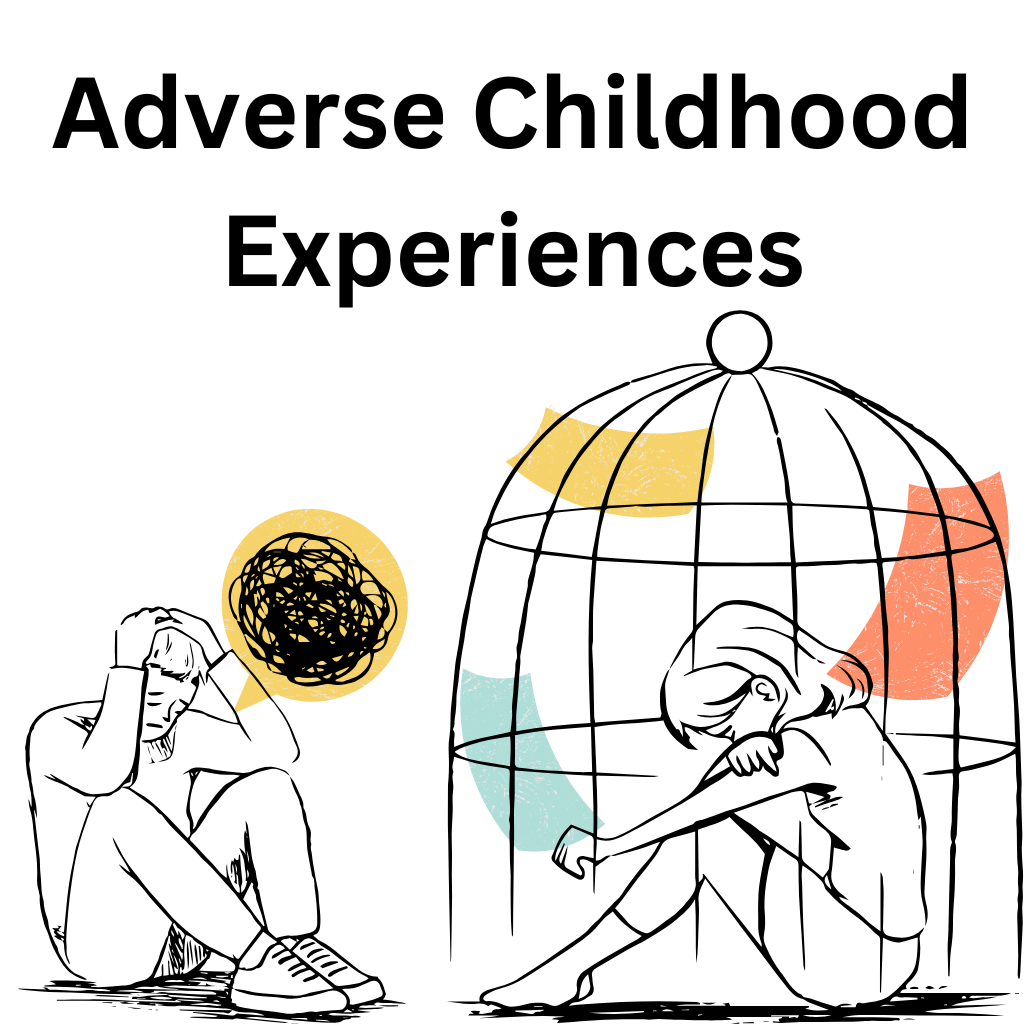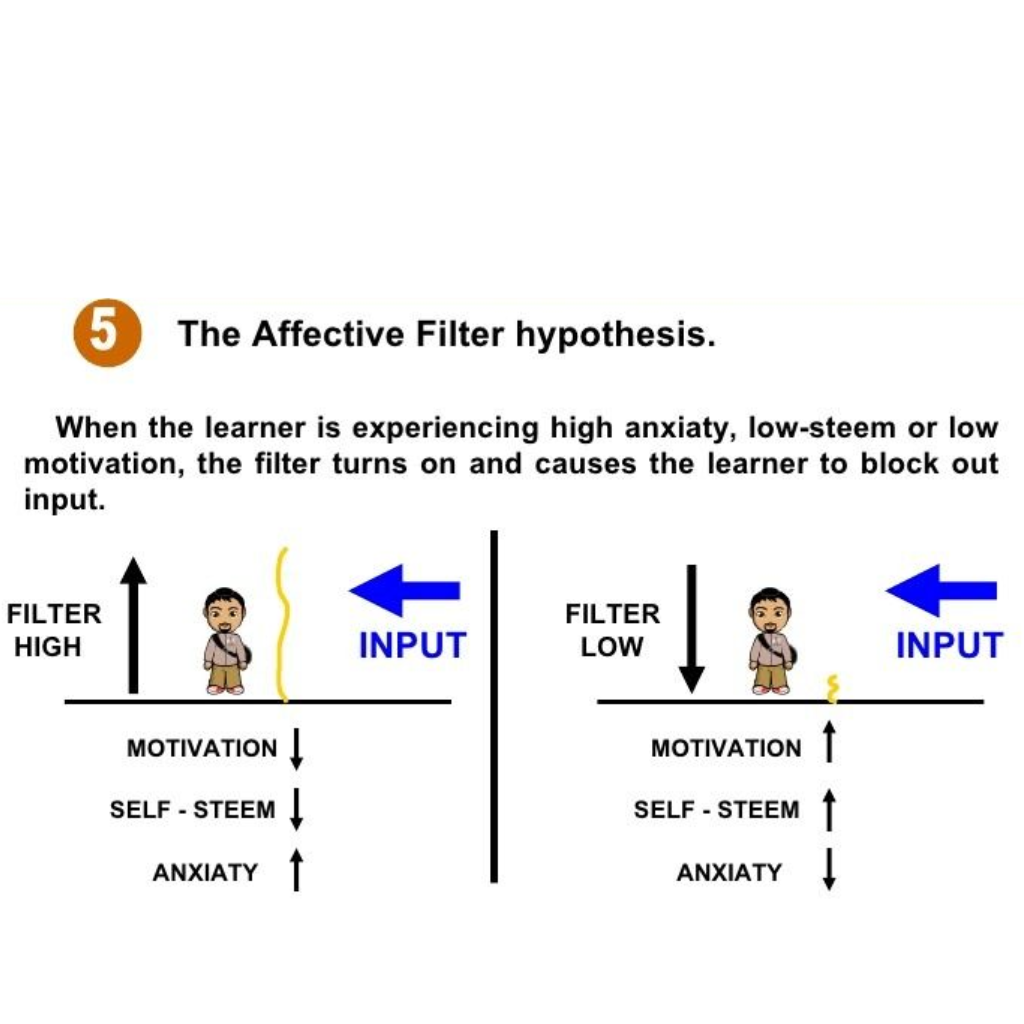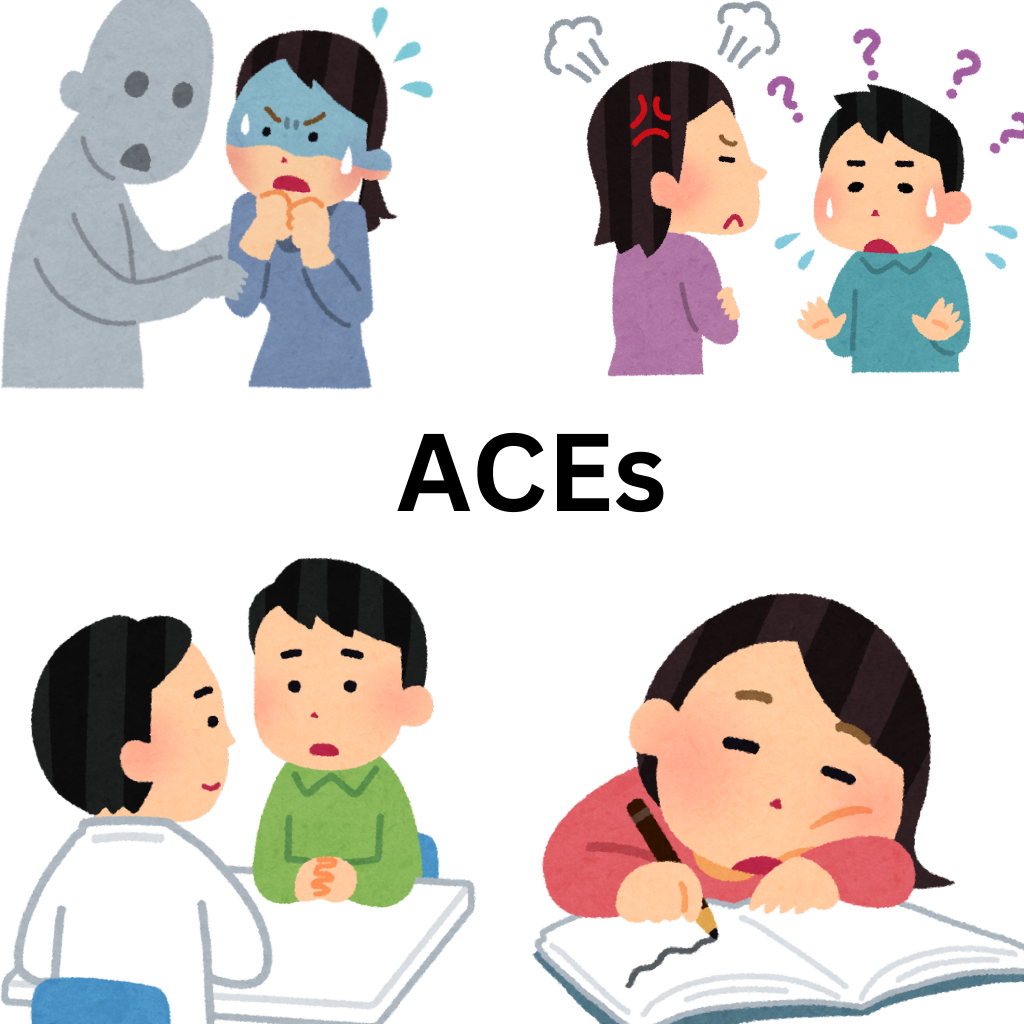Abstract
This study examines the impact of adverse childhood experiences (ACEs) on second language (L2) acquisition among bilingual students in Pakistan, using Dynamic Systems Theory (DST) and Krashen’s Affective Filter Hypothesis. ACEs, such as abuse and neglect, disrupt cognitive and emotional development, affecting memory, attention, and emotional regulation—key components for language learning. DST highlights how these disruptions create a dynamic system influencing each student’s L2 trajectory, while the Affective Filter Hypothesis suggests that stress and anxiety from ACEs hinder L2 acquisition. Using a mixed-methods approach, data will be collected through ACE questionnaires, English proficiency assessments, and interviews. The study hypothesizes a negative correlation between ACE exposure and English proficiency, with implications for vocabulary, grammar, and fluency. The findings aim to inform interventions supporting bilingual students, promoting equitable access to language learning Opportunities.

Introduction
Acquiring a second language (L2) is a complex process, especially for bilingual students who already manage the cognitive demands of two languages. Adverse childhood experiences (ACEs) such as abuse, neglect, and household instability can further hinder language acquisition by disrupting cognitive and emotional development. ACEs impact memory, attention, and emotional regulation, and amplify stress and anxiety, creating barriers to effective L2 learning. In Pakistan, where English proficiency is crucial for academic and career advancement, ACEs can put bilingual students at a disadvantage. This study explores how ACEs affect the acquisition of English as an L2, aiming to inform educational strategies that address trauma’s impact on language learning and ensure equitable opportunities for all students.
Research Question
How do Adverse Childhood Experiences (ACEs) influence the L2 acquisition of bilingual students in Pakistan?


Research Objective
To examine the impact of Adverse Childhood Experiences (ACEs) on bilingual students’ L2 acquisition.
Research Hypothesis
Adverse Childhood Experiences (ACEs) have a negative effect on L1 proficiency in bilingual students.

Theoretical Framework

Affective Filter Hypothesis: According to Krashen, stress and anxiety act as a filter that can reduce language acquisition. ACEs, by elevating stress and anxiety levels, may reduce the effectiveness of English (L2) input, especially in high-stress environments.
Dynamic Systems Theory (DST): Dynamic Systems Theory (DST) is an approach that explains how complex systems evolve over time due to interactions among various elements. Originally developed in fields like physics and biology, DST has been adapted for use in psychology and education to understand language development, social interactions, and learning processes.
Literature Review
According to Manly et al., ACEs disrupt cognitive development, impacting attention, working memory, and emotional regulation—skills essential for language acquisition. Moreover, basic aspects of brain function, such as the ability to see and hear effectively, do depend critically on very early experiences as do some aspects of emotional development. And, while the regions of the brain dedicated to higher-order functions, which involve most social, emotional, and cognitive capacities, including multiple aspects of executive functioning, are also affected powerfully by early influences, they continue to develop well into adolescence and early adulthood (National Scientific Council on the Developing Child 2007). National Scientific Council on the Developing Child also investigates that adverse fetal and early childhood experiences can lead to physical and chemical disruptions in the brain that can last a lifetime. The biological changes associated with these experiences can affect multiple organ systems and increase the risk not only for impairments in future learning capacity and behavior but also for poor physical and mental health outcomes (2010a). ACEs negatively impact the acquisition of an L2 by diminishing social interaction opportunities and increasing stress responses. These factors align with Krashen’s affective filter hypothesis, where heightened anxiety or stress from ACEs creates psychological barriers to language acquisition (Luby et al., 2020) For bilingual students, ACEs add an additional layer of difficulty, potentially leading to slower vocabulary acquisition, less grammatical accuracy, and reduced fluency in English. Since bilingual students already face cognitive demands when learning two languages, ACE-related stress can lead to reduced attention and motivation, compromising English acquisition further (Delcenserie et al., 2018).
Methodology
- Participants: Bilingual BS English students in Pakistan, who are learning English (age 18-25) as a second language and Urdu as a native language and have varying levels of ACE exposure, as measured through a standardized ACE questionnaire.
Data Collection Tools:
- ACE Questionnaire: Assesses the level and types of childhood adversities participants have faced.
- English Proficiency Assessment: Tests the students’ proficiency in English, focusing on vocabulary, grammar, and fluency.
- Interviews/Focus Groups: Provides qualitative insights into how ACEs may have impacted their English learning experiences.
Data Analysis:
- Quantitative Analysis: Examines statistical correlations between ACE scores and English proficiency outcomes.
- Qualitative Analysis: Uses thematic analysis to identify how students perceive the impact of their experiences on L2 acquisition.
Expected Results
ACEs are likely to negatively correlate with L2 acquisition, with students having higher ACE scores showing lower English aqcuisition, particularly in speaking and listening skills.

Discussion and Implications
Educational Implications of ACEs in Language Learning
- Understanding Barriers: This research highlights how ACEs may limit cognitive abilities essential for language learning, such as attention, memory, and emotional regulation. Recognizing these barriers is crucial for educators, who may need to adopt flexible and compassionate approaches to support language development.
- Tailored Instruction: Educators should consider adapting teaching methods to better address the needs of ACE-affected students. Strategies might include smaller group activities, modified assessments, and a slower pace for language-intensive tasks.
Trauma-Informed Education
- Creating Safe Learning Environments: Implementing trauma-informed educational practices can create a supportive classroom atmosphere that encourages emotional safety. This approach may reduce anxiety and increase language engagement, helping students reach their full bilingual potential.
- Teacher Training: Training teachers to recognize and respond to signs of trauma could improve educational outcomes. Such training could include techniques for fostering positive interactions, encouraging language use in non-stressful contexts, and offering additional support as needed.
Policy Implications for Bilingual Curriculum Development
- Supportive Curriculum Design: Understanding the impact of ACEs can inform curriculum development, ensuring that language programs are designed to support students with diverse emotional and cognitive needs. A trauma-sensitive bilingual curriculum could include flexible learning materials, culturally relevant content, and activities that build confidence in both L1 and L2.
- Resource Allocation: Policymakers may need to allocate resources specifically for ACE-affected students, including mental health support, language learning resources, and remedial programs to address learning gaps.
Long-Term Benefits of ACE-Aware Educational Policies
- Improved Academic Outcomes: Policies that support trauma-informed and ACE-sensitive approaches can lead to better language proficiency, social integration, and academic performance in bilingual students.
- Enhanced Well-being: A trauma-informed approach to language education not only improves academic success but also fosters emotional resilience, supporting students’ overall mental well-being.
Limitations and Future Research
- Limitations: Acknowledge challenges like self-report biases in ACEs surveys or variability in bilingual proficiency measurement. Only explore ACEs in bilingual BS English students of Pakistan
- Future Research: Suggest future studies that could include longitudinal data, additional demographics, or the impact of interventions.

Conclusion
This study underscores the potential impact of Adverse Childhood Experiences (ACEs) on bilingual language development, highlighting that ACEs can hinder both first (L1) and second language (L2) proficiency due to cognitive and emotional challenges. Findings suggest that ACE-affected students may struggle with vocabulary, comprehension, and language fluency, making trauma-sensitive educational practices crucial. By implementing trauma-informed teaching strategies and creating supportive, adaptive language programs, educators can help bridge the gap in language proficiency and academic achievement. Recognizing and addressing the effects of ACEs in educational policy and curriculum design could significantly enhance the language learning experience, fostering resilience and improving outcomes for bilingual students in Pakistan.


You people have wonderfully presented your topic. 👍